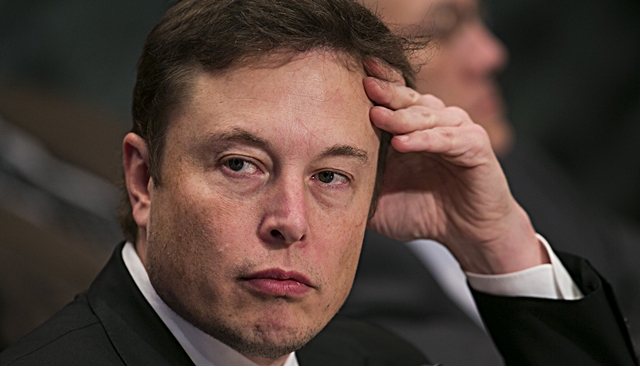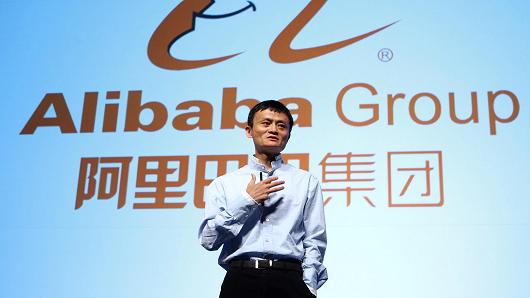“Social enterprise development is defined as creating and nurturing micro-, small-and medium-sized businesses that aim for positive social or environmental outcomes while generating financial returns.” – UN Global Compact
While the main goals of the United Nations are to maintain international peace and security; develope friendly relations among nations; promote social progress, better living standards and human rights, it seems like something is missing. With the restricting amount of resources available on a global scale, aids provided by the UN cannot possibly reach out to every aspects of our society.
Impoverished communities are often neglected due to limited resources. However, social enterprise development such as the Arc Initiative seek to touch every corner of the globe and focus on a broad range of fundamental issues. Rather than physical and material assistance, Arc provides support both socially and spiritually. Through building an “arc” that facilitates a genuine two-way exchange of knowledge and business skills between third-world and maturely-developed businesses, the long-term economic betterment for local communities is attained.
Indeed, the UN’s vision is make this world a better place through various humanitarian aids. Yet, countless local communities around the world still battle with educational inadequacy in which basic human rights are overlooked. Therefore, the establishment of social enterprises is absolutely crucial.



Recent Comments